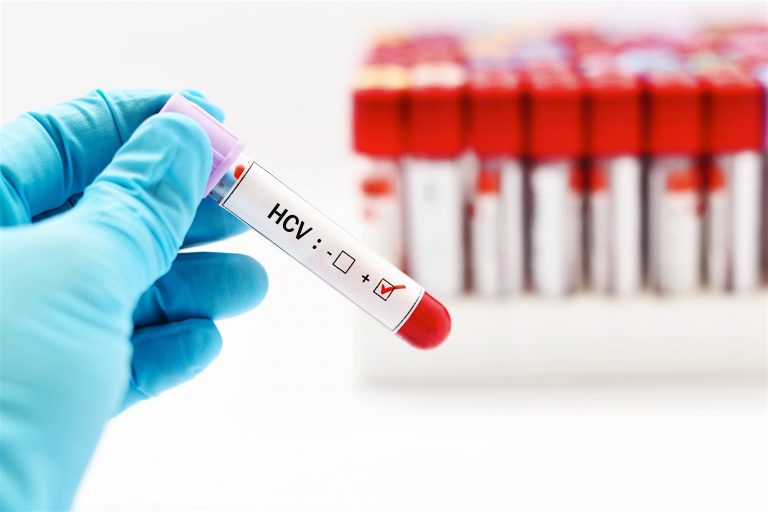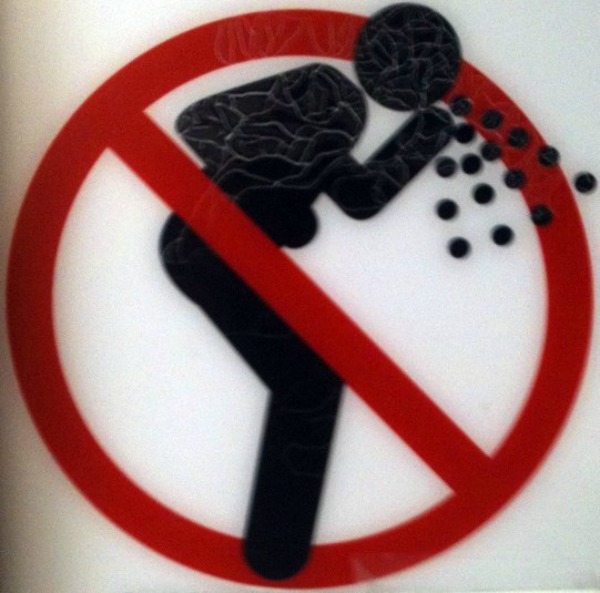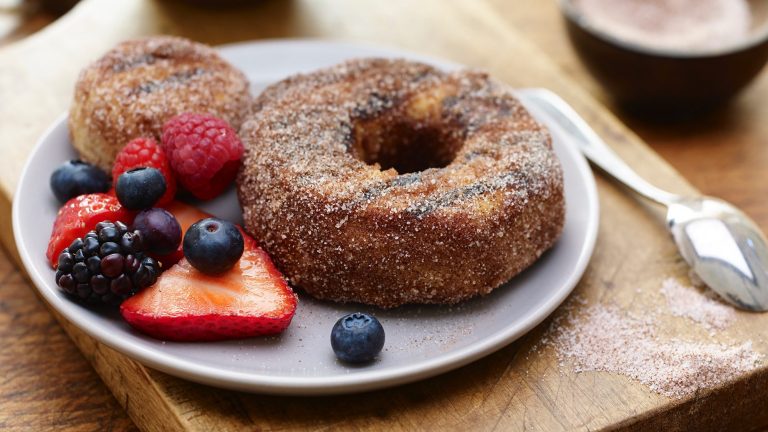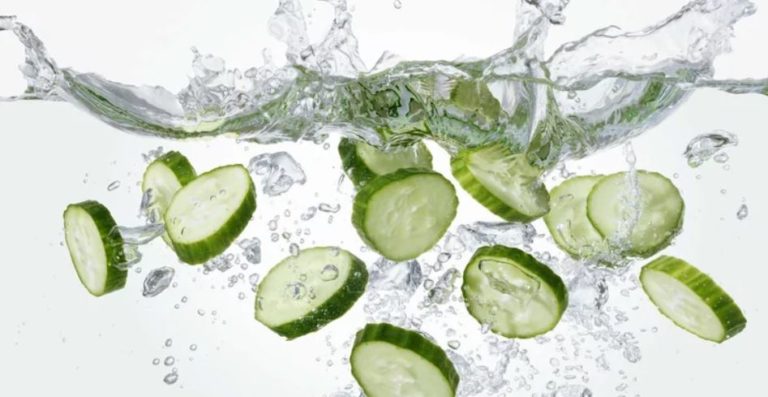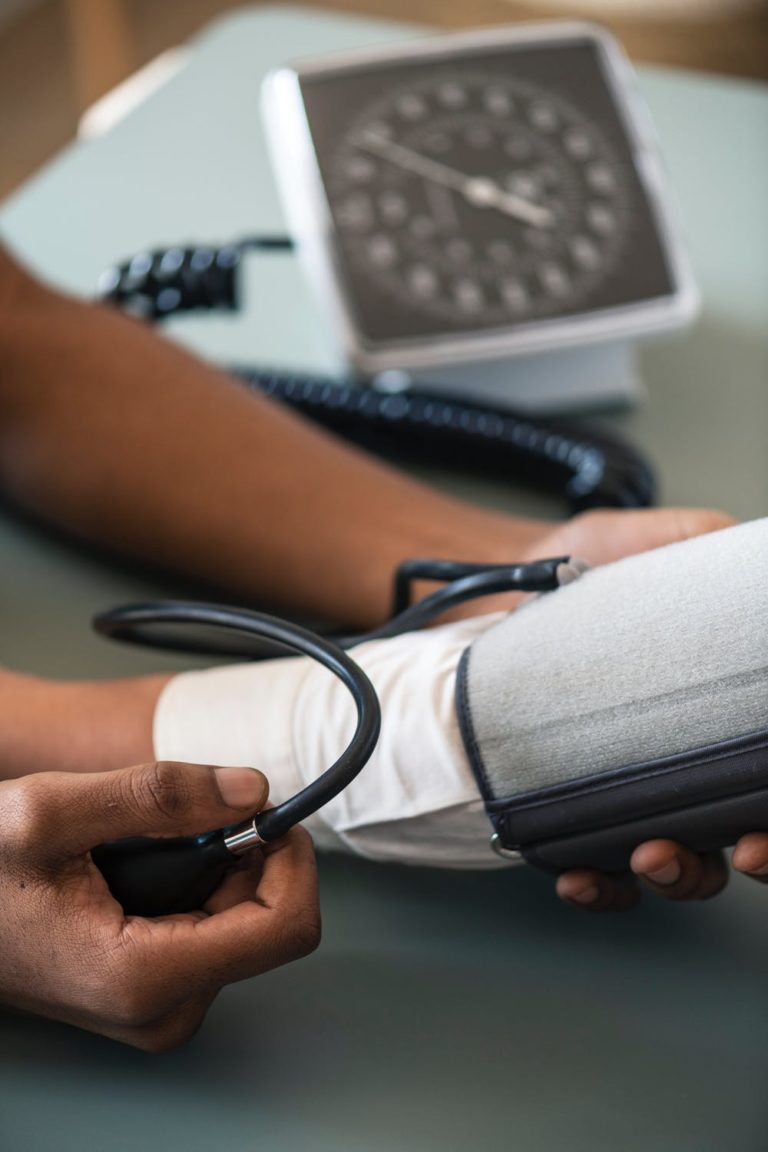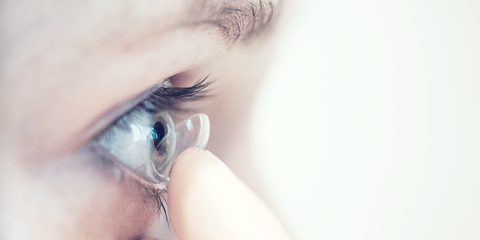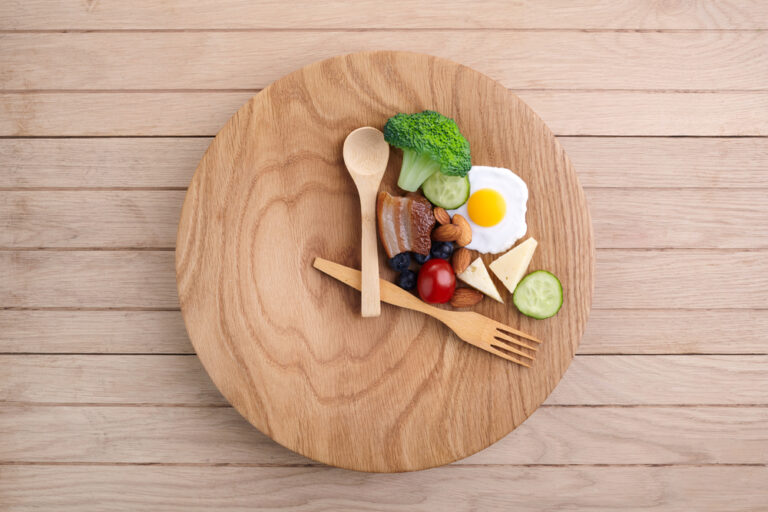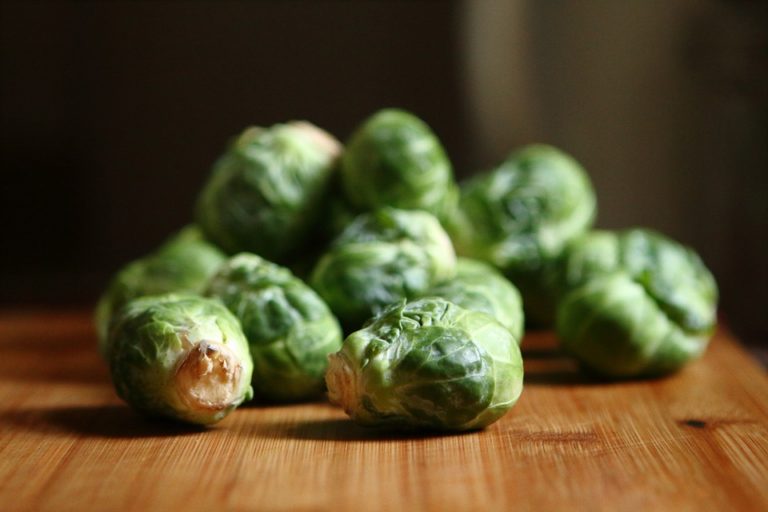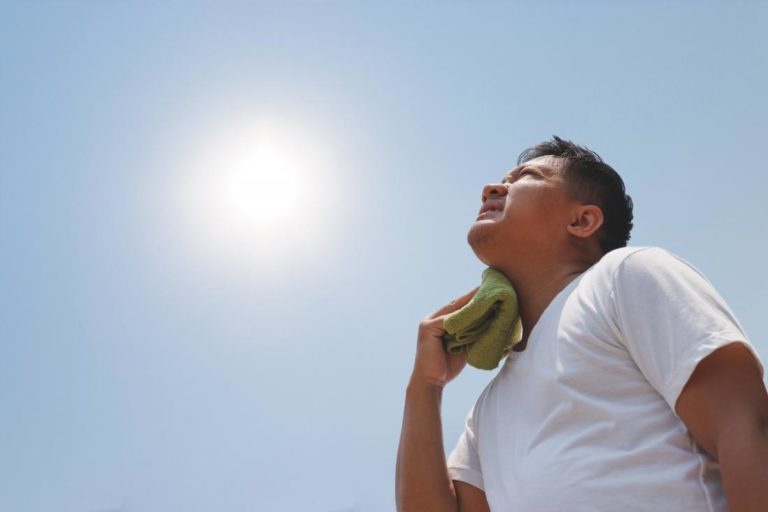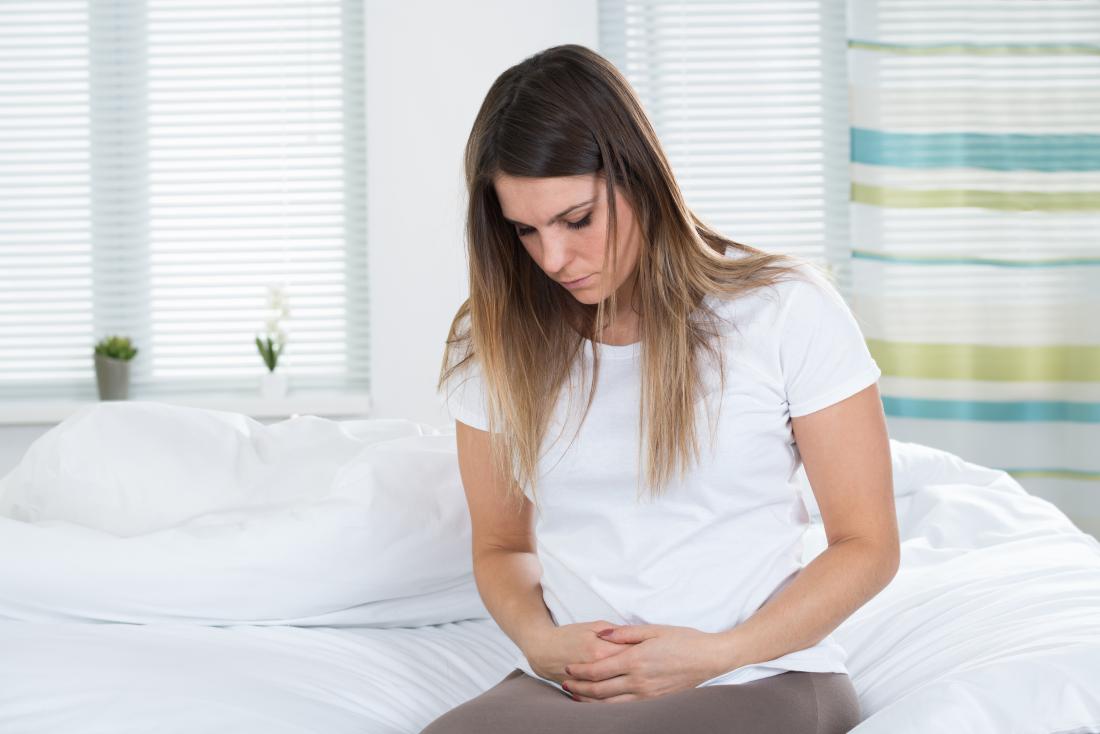
Fluid retention, puffiness, or bloating refers to the abnormal accumulation of fluid throughout the body. Quite often this extra fluid settles in the ankles, face, hands, legs, and abdomen. It can be caused by a whole host of reasons, including the less serious such as eating more salty foods than usual, PMS symptoms, standing or sitting for long periods of time, or sitting on a long flight.
Sometimes, more serious health challenges such as thyroid disorder, congestive heart failure, kidney disease, and liver disease can contribute to an abnormal amount of fluid build-up. Of course, medical attention should be sought if fluid retention is a chronic problem.
Kidneys make urine by filtering out impurities, water, sodium, and potassium from the blood. Excess water goes into the bladder as urine and most of the sodium and potassium go back into your circulatory system.
When this system is impaired, diuretics, whether prescribed as a medication or purchased as a natural remedy, have the same purpose: to increase the amount of urine you excrete. You should know that any weight loss you see as a result of diuretic use will only be temporary if the reason that you are retaining fluid is not addressed.
Prolonged use of any diuretics without medical supervision may lead to dehydration, which can cause kidney damage and an imbalance in the levels of electrolytes (e.g., sodium and potassium), which are vital to heart, kidney, and liver function. When electrolytes are out of balance, you’re at high risk for heart failure and sudden death. Not good!
For occasional bloating, here are some simple remedies to try:
Reduce Sodium
You may be thinking to yourself that you don’t use the salt shaker much. But sodium is so pervasive in many of the foods we eat, such as seafood, frozen and canned foods, processed meats and cheeses, and snack foods. Reducing excess sodium may be one of the best methods of reducing the bloat.
Increase Water
Everyone’s fluid needs are different so the old adage of drinking 8 glasses of water a day may not apply to you. By now, you may have heard of the ol’ pee test as a method of checking your hydration status.
To check if you are adequately hydrated, your urine should be clear or straw colored without much of an odor to it. Believe it or not, the lack of fluid, especially when combined with high sodium intake, can contribute to fluid retention.
Chew on Asparagus
One cup of asparagus contains about 400 milligrams of potassium and virtually no sodium, the
primary mineral responsible for water retention. One of the side consequences of eating asparagus may be increased odor in your urine. It doesn’t happen to everyone but it is something to consider if you are planning on eating it often.
Watermelon
Melon is about 91% water. A cup of cantaloupe, honeydew, or watermelon contains 170-430 milligrams of potassium and 12-60 milligrams of Vitamin C. These three nutrients — water, potassium, and vitamin C — make melon a great natural diuretic because they encourage the right balance of electrolytes in the cells, including sodium.
Some like to sprinkle a little salt on watermelon to enhance the flavor. Obviously, don’t do this if your goal is less fluid retention!
Tea and Coffee
Some find coffee and tea helps decrease fluid build up. This is thought to be due in part to its natural caffeine content. Caffeine in a six-ounce cup of coffee can range between 72-150 milligrams, depending on the strain, blend, and roast.
Interestingly, research has shown that up to 450mg of caffeine daily (about 3 cups of strongly brewed coffee) may not promote more urination, especially if you are a habitual tea and coffee drinker. Beyond that, the opposite is true. Be careful — excess caffeine may be problematic, especially if you suffer from insomnia or have caffeine sensitivity.





